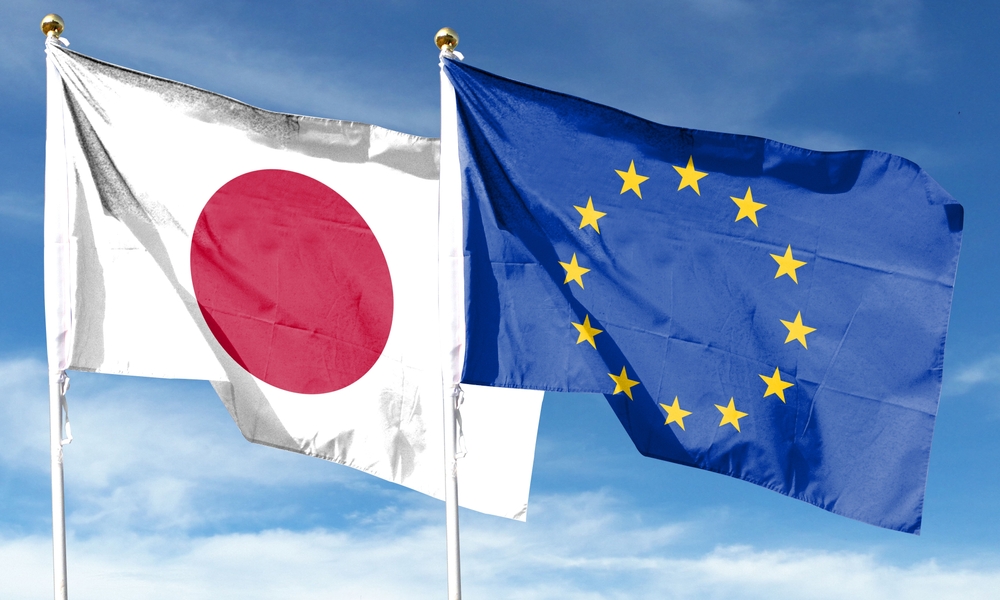The EU aims to enhance its cooperation with Japan over AI technologies. This move is part of a broader strategy of reducing EU dependency on China.
EU Commissioner Thierry Breton is currently engaging with the Japanese government, and AI will be a key topic on his agenda.
“I will engage with [the] Japanese government … on how we can organize our digital space, including AI based on our shared value,” Breton stated.
Moreover, Breton announced plans for an EU-Japan Digital Partnership council to discuss areas like quantum and high-performance computing. This follows the EU’s recent council meeting with South Korea, where both parties agreed to collaborate on AI and cyber security technologies.
Important 1st 🇯🇵🇪🇺 #DigitalPartnership Council in Tokyo
Strengthening our #EconomicSecurity through enhanced cooperation on:
✔️Research & supply chain resilience for #Chips
✔️#Investment environment for tech (connectivity, 5G/6G, quantum, HPC, cyber)
✔️Regulation on #AI pic.twitter.com/BnACBuvXtA
— Thierry Breton (@ThierryBreton) July 3, 2023
The EU is striking up more strategic partnerships with key Asian countries as they attempt to “de-risk” from China. The EU is building supply chain resilience, reducing reliance on China for critical goods, chemicals, and raw materials.
High-end chips designed for AI are part of the equation, even though Chinese companies purchase a vast amount of their tech from American firms like Nvidia.
Breton intends for the EU and Japan to cooperate in manufacturing high-end AI hardware. Last week, a fund backed by the Japanese government proposed a 903.9 billion yen ($6.3 billion) purchase of domestic chipmaking firm JSR. This underlines the country’s intention to bolster its AI tech industry.
AI chips – also called semiconductors – play a crucial role in training AI models.
Currently, very few companies can manufacture AI hardware at scale, an industry where Nvidia dominates.
As the EU discusses “de-risking,” the US is taking a harder line to cut off China’s access to critical technologies through export restrictions. This limits how many chips companies like Nvidia can export to China.
Not only are exports limited in volume, but the chips sent to China are also designed to be less powerful.
The EU’s “de-risking” strategy
EU leaders have adopted a policy of “de-risking” towards China. This means reducing dependency on the country for critical products and technologies. Ideally, the EU – like the US – wants to be self-sustaining.
However, the EU’s strategy is a lighter touch than the US, which intends to comprehensively ‘decouple’ from China.
Decoupling involves severing both exports and imports. AI technology is at the frontlines of this strategy, as it’s precious and challenging to manufacture. It took Nvidia decades to fine-tune its semiconductor R&D processes.





